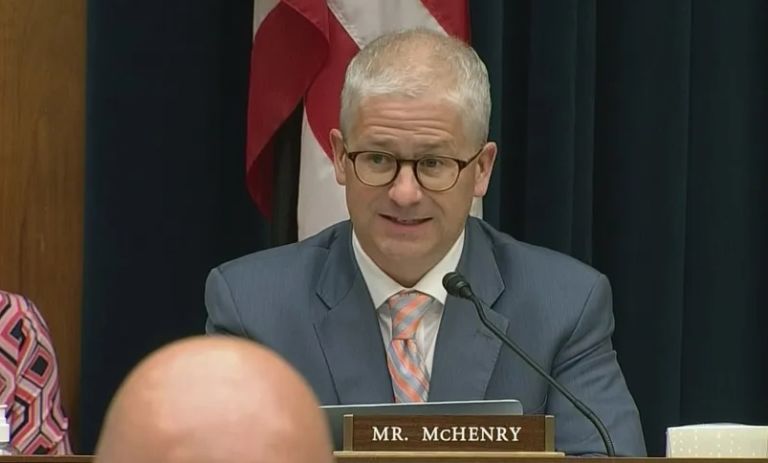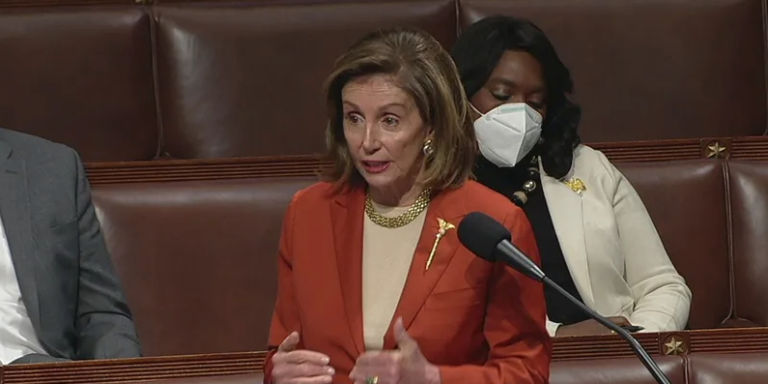Charles Fain Lehman of the Washington Free Beacon documents one prominent senator’s response to the COVID-19 pandemic.
Such defensiveness is a common feature of pandemics—during the 1976 swine flu scare, the United States refused to share vaccines, even with its close ally Canada. Nonetheless, this every-nation-for-itself moment has taken many by surprise, including American leaders now struggling to source vital resources. To Sen. Marco Rubio (R., Fla.), this surprise is an ideological failure—a belief that free trade and cosmopolitanism had so whittled away the nation-state that individual countries would not pursue their self-interest in a time of crisis.
Since Donald Trump swept into the White House, the wisdom of international interdependency has been under fire in Washington. The coronavirus crisis has prompted increasing scrutiny of America’s dependence on China in particular. But for Rubio, the issue is bigger than just China: As he told the Washington Free Beacon in an interview, it cuts to the very heart of how we understand political economy.
“I think the fundamental question is, are there certain things that a country should be able to do for itself, especially in a time of conflict or emergency?” Rubio said. “And the answer is yes.” …
… Rubio, however, is thinking bigger. As early as the end of February, he detailed a proposal to require drug-makers to label the source of their ingredients, mandate that federal purchasers buy American-made drugs, and offer tax breaks to companies that produce pharmaceuticals in the United States. …
… For Rubio, the goal of the bill is more than just taking leverage away from the Chinese Communist Party. It is about starting to unravel what he sees as one of the major misconceptions of the post-Cold War era—the idea that globalization will erode away the particular interests of nations.
Follow Carolina Journal Online’s continuing coverage of the COVID-19 pandemic here.


